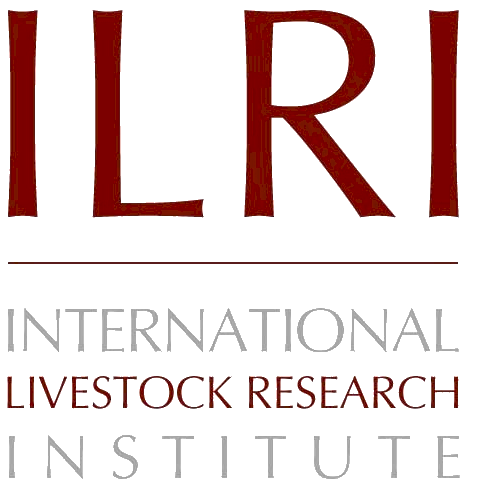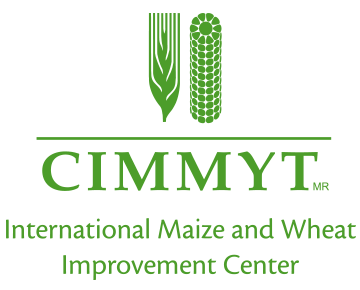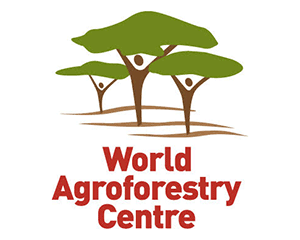Case studies of smallholder farmer practices from East Africa, the Philippines, India, Ethiopia and Brazil.
Across the globe, researchers and policy-makers are racing to inform ambitious climate change mitigation targets for agriculture and develop implementation plans that will allow us to limit climate change to 1.5 or 2 degrees. 104+ countries are building on Nationally Determined Contributions (NDCs) to climate action in agriculture. Companies—large and small—are adopting science-based emission targets. Groups of investors are demanding publicly traded food companies to develop and document sustainable supply chains. Global agricultural development organizations are quantifying the mitigation potential of practices they support.
And there is action on the ground.
In many cases, farmers are employing best management practices in agriculture that mitigate climate change. And because the benefits to the farmers are tangible, increasing numbers of farmers are adopting these climate-smart agriculture practices.
In the feature story linked below, we highlight five specific, scalable agriculture practices employed by farmers that increase productivity or profits and contribute to climate change mitigation. We characterize the agricultural benefits generated for farmers and other incentives affecting why farmers are adopting the practices. They are:
-
- Improving animal diets in East Africa
- Saving irrigation water in paddy rice in the Philippines
- Precision water management in rice and wheat in Hayrana, India
- Restoring degraded lands in Ethiopia
- Sustainable intensification of beef and dairy production in Brazil
These cases show that the transformation to low emissions agriculture can come with multiple benefits—for farmers, national food security, water, human health, biodiversity, and more. The practices have been supported by farmers, farmers’ organizations, governments, research and development organizations, donors and the private sector.
It’s time to harness evidence, innovation and resources to help the majority of smallholder farmers in the world adopt transformative climate-smart agricultural practices as quickly as possible.
Climate action in progress
by The CGIAR Research Program on Climate Change, Agriculture and Food Security on Exposure








